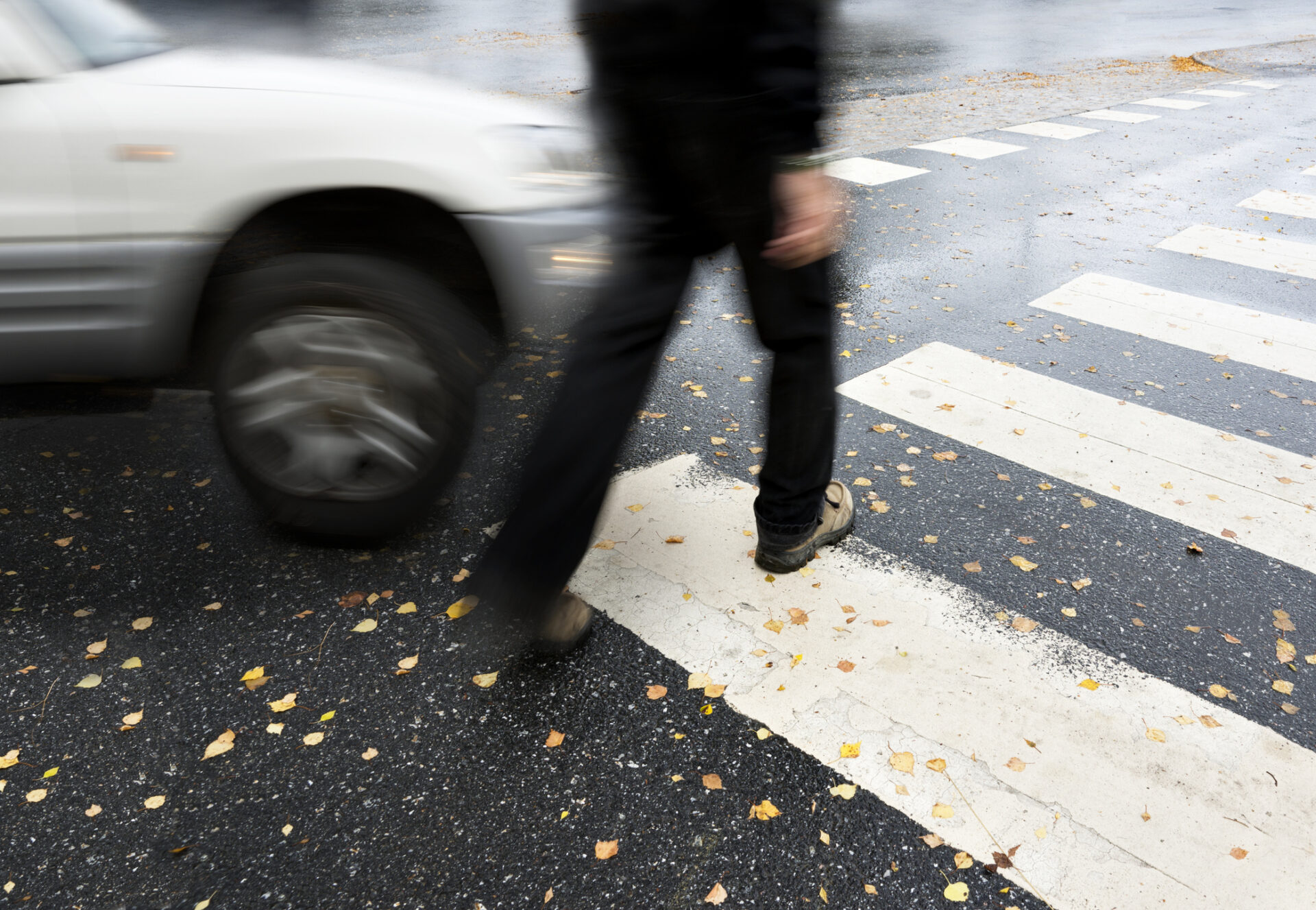What Are the Pedestrian Laws in Colorado?
Pedestrians must understand their rights and responsibilities to enhance their safety. Colorado has strict road laws to protect all road users. Specifically, there are specific laws to protect pedestrians, but sadly, grisly accidents still happen.
If you or your loved one were injured in a pedestrian accident, skilled Denver personal injury lawyers can provide legal counsel and representation to help you pursue compensation. The process is often complex and lengthy, but they can help you navigate the intricacies of the justice system.
Before you can pursue compensation, it would help to understand what the law says about pedestrian safety. The rule of law is crucial in determining whether you can recover compensation. Knowledge of the law also gives you a better chance of fighting for your rights while avoiding potential legal issues.
Crosswalk Laws
A crosswalk is any part of the roadway with a pavement marked for pedestrian crossing. Pedestrian accident attorneys in Denver explain that the law requires motorists to give way to pedestrians in crosswalks to avoid colliding with them.
Even at intersections where crosswalks are unmarked, drivers have a responsibility to yield to pedestrians’ right of way. Crosswalks are there at every intersection, whether marked or not. Drivers must halt if a pedestrian is already in the crosswalk, approaching, or crossing halfway where the vehicle is traveling.
It is illegal for drivers to overtake another car that has stopped or is stopping at a crosswalk to yield to a pedestrian’s right of way. However, pedestrians must obey traffic signals, lights, and markings and be reasonable when crossing the road.
Sidewalk Laws
Most jurisdictions designate sidewalks for pedestrians alongside roads to ensure they walk safely away from oncoming vehicles. The law requires pedestrians to use the sidewalks whenever they are available. Where none exist, you should walk on the left side of the road to see oncoming traffic.
The government is responsible for maintaining public sidewalks in good condition to minimize potential hazards that could cause injuries to a pedestrian. Property owners are obligated to maintain sidewalks on their premises and keep them safe for pedestrians. If you got injured on a sidewalk that was poorly maintained, Denver pedestrian lawyers can help you pursue compensation.
Jaywalking Laws
Jaywalking is crossing the street outside a crosswalk or an intersection. In Colorado, jaywalking is illegal, and the law considers it a traffic offense. You could be subjected to hefty fines and other penalties if caught jaywalking. You also may not recover compensation if a motorist hits you while jaywalking.
Despite your best efforts to observe pedestrian laws in Colorado, an accident could still happen. Understanding your rights is vital to successfully navigating the legal process of holding the at-fault party liable for your injuries and pursuing compensation.
How Can I Ensure My Safety As a Pedestrian?
Pedestrians are vulnerable road users, whether standing, walking, running, or using mobility aids on public roads, private property, or highways. With this in mind, it’s vital to observe the following pedestrian safety tips to minimize the risk of getting into a pedestrian accident:
- Always use the crosswalk to get to the other side of the road
- Observe the traffic rules, signals, and lights at all times
- Use the sidewalks if available
- Look both ways when crossing the street
- Use reflective gear or flashlight when walking at night to ensure your visibility
- Consider walking with others if you’re severely impaired
Remember to always carry your ID, a list of essential health conditions you might have, and an emergency contact as an extra safety measure. These will be useful if you get into a pedestrian accident and need immediate assistance.
Safety Tips for Drivers
Denver pedestrian accident attorneys add that drivers also have a responsibility to ensure the safety of other road users, and the following tips can help them keep pedestrians safe:
- Remember that pedestrians have the right of way at crosswalks and intersections, even if the lines are unmarked. Drivers must yield or completely stop to let pedestrians cross safely.
- Don’t assume that pedestrians can see or hear an oncoming vehicle, as they could be hard of hearing or visually impaired
- Adhere to the speed limit or drive more slowly to help you see and yield to pedestrians at crosswalks and intersections
- Look out for pedestrians at intersections before making a turn
- When you stop at a crosswalk, ensure no portion of your car is in the crosswalk area
- Use the correct lane and come to a complete stop when turning at a red light. Ensure your path is clear before moving forward to check for vehicle traffic
- Be on the lookout for pedestrians with a low profile, such as children and people using wheelchairs
- Never overtake vehicles stopped at a crosswalk, as they could be stopping for pedestrians out of your view
- Be careful when driving around schools, parking lots, parks, bus stops, and unique locations where pedestrians are likely to be present
- Check blind spots and mirrors while backing out of a parking lot or driveway
- When passing parked cars, watch out for pedestrians entering or exiting their cars
Legal Insights from a Skilled Personal Injury Attorney to Prevent Urban Motor Vehicle Accidents
Pedestrians and motorists are responsible for ensuring their safety on the roads and highways. Colorado has numerous traffic and road laws, which, if well observed, can help reduce the rate of urban motor vehicle accidents involving pedestrians. The laws also have provisions for pursuing compensation if involved in a collision.
Genco Injury Attorneys has skilled pedestrian accident lawyers who can help you pursue compensation if you are injured in an accident. An accident can cause confusion and you may be unsure of what to do. Let us guide you from a legal perspective and fight to protect your rights. Call us at 303-500-1376 to schedule a FREE case evaluation.












